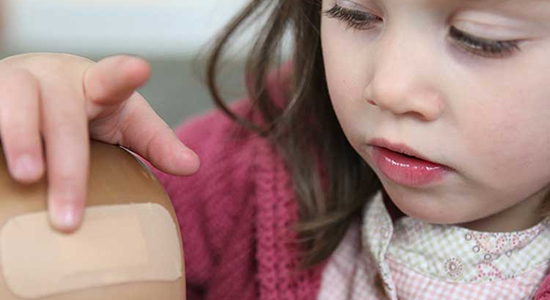What is Empathy?
Empathy is the ability to imagine how someone else is feeling in a particular situation and respond with care.
Being able to empathise with another person means that a child:
- Understand that they are their own special person
- Understand others have different ideas and thoughts
- Recognise people’s feelings such as happy, sad and angry
- Able to look a particular situations and imagine how they might feel in the same situation
Milestones of Empathy
Empathy is the result of many social-emotional skills that are developed in the first few years of life. These include:
- Establishing secure, strong, loving relationships
- 6 months – beginning to use social referencing. This is when the child looks at parents or carers to gauge their reaction to another person or situation
- 18-24 months – Developing a theory of mind. This is when the child first realises that they have their own thoughts, feelings and others may have different thoughts and feelings.
- They also recognise themselves in the mirror and understanding themselves as a separate person.

What you can do to Nurture Empathy:
- Talk about your feelings
- Talk about others feelings
- Be a role model – when we interact in a kind, respectful and caring way children learn from examples
- Use ‘I’ messages – Models the importance of self- awareness
- Validate your child’s difficult emotions- Try not to rush in fix children’s emotions straight away. Different emotions are part of life and children need to learn to cope with them. Label their emotion and this will help the child learn how to handle them.
- Pretend Play – Talk about empathy as you play with your child
- Patience – Being a toddler is all about “me”. Empathy is a complex skill and will continue to develop across your child’s life.






